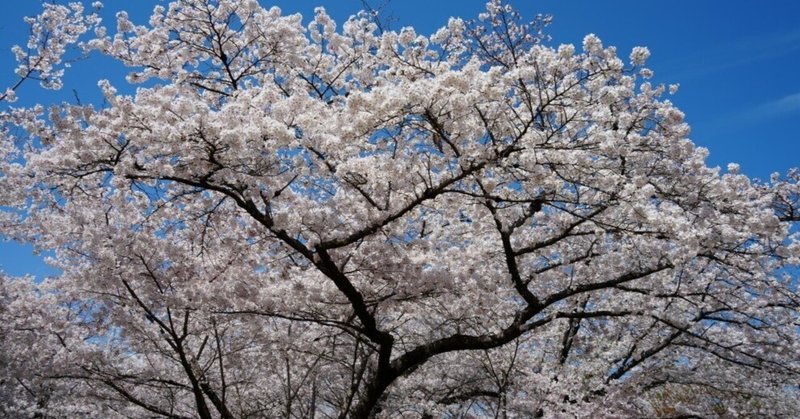
He was in direct conflict with the Buraku Liberation League and was often denounced, but he never bent his pen. A junior who writes lies with poor paraphrasing, how does he see it in the grave?
The following is Masayuki Takayama's treatise, which brings the weekly Shincho on sale to a successful conclusion.
This article also proves that he is the one and only journalist in the postwar world.
This article should be read with great attention by the UN Human Rights Council officials, who have been using the Buraku Liberation League heavily.
Strange paraphrase
During the Edo period (1603-1868), when Kirishitan was forbidden, people still secretly worshipped Mary.
I learned in school that this was called "hidden Kirishitan.
However, when Pope Francis visited Japan, the newspapers began to change the term "hidden Christians" to "hiding Christians.
Hiding" is a word used for fugitive murderers or Communists who have gone underground.
It may sound unfamiliar to Christians, but pagans are burned at the stake and kill each other over minor doctrinal differences when you think about it. It's not so different from the Communist Party.
I wondered if they changed their name to the Hidden Kirishitan, but I was wrong.
When the prohibition was lifted in the Meiji era (1868-1912), the followers of the Hidden Kirishitan were divided into two groups: those who returned to the church to worship and those who worshipped quietly at home, as in the old days.
The latter was unacceptable to the Pope.
The Pope does not tolerate the latter because the Vatican can only make money when believers go to church, make donations, and pay for baptism.
It was the Catholic way to kill non-denominational groups like the Amish.
That's why, even though they were hidden Christians, the believers who came back to the church were daringly referred to as "hiding Christians" and praised greatly.
On the last night of his visit to Japan, the Pope held a mass at the Tokyo Dome, blessed the 50,000 believers who had donated a large amount of money, and preached, "Stop discriminating.
Some people thought, "Well said," but that's beside the point.
Sometimes, deep speculation is put into the "paraphrase" that will likely be inadvertently overlooked.
A while ago, the Asahi Shimbun ran a series of articles titled "Nuclear Power and Kanden Money.
The main character was Eiji Moriyama, the assistant director of Takahama town.
The company was supposed to reward Moriyama for his hard work. Still, for some reason, Moriyama presented the company's executives with gold bars and other money and goods worth about 300 million yen.
The articles deal with this mystery, and the answer is that Moriyama was a "nasty old man.
For example, there is a scene where he rides into the banquet of the governor of Fukui Prefecture with an empty backpack in his hand.
He told the governor, who was in awe of him, to "fill up the backpack with cash.
After quitting his post as deputy director, Moriyama became a construction company director affiliated with Koreans living in Japan and got Kepco to order construction work.
In just a few years, the construction company, which had annual sales of 300 million yen, grew to handle 2.1 billion yen in sales.
He also became an advisor to a security company and received a mountain of orders.
It looks like overkill.
Therefore, executives of KEPCO refused to place an order, but some were threatened with "We're going to destroy the nuclear power plant rising flags of the straw mat," and some were relegated.
Moriyama's case sends gold bars and other gifts to Kepco executives on Obon holiday and year-end.
"You don't care what happens to your family?" "I'll let you thrust a truck into your house," Moriyama says to the executives who refuse to accept the gifts.
The gifts were stored in a safe, but none of them seemed to be "nasty" enough.
Why didn't the executives file a complaint with the police?
The series writer also writes that he learned of this threat several years ago.
It is big special news. But for some reason, it was not made into an article.
Isn't another title that Moriyama has, "Buraku Liberation League Takahama branch secretary-general," likely to become the answer to that question?
It would convince most people if they heard that.
There were many such stories in the past.
So Kepco and its executives were victims, too.
So, why did Asahi's series of articles go to the trouble of "paraphrasing" the keywords as "nasty old man"?
It may have been because they didn't want to be accused, but they tried to turn the whole story into an anti-nuclear account.
In fact, Asahi later wrote that the Kepco incident was a "fraudulent return of nuclear power money.
In other words, the executives of KEPCO conspired with Moriyama to place illegal orders and received rewards for doing so.
Nuclear power plants are not only dangerous but also dirty.
That is clearly a lie.
One of Asahi's most famous reporters was Takagi Masayuki.
He was in direct conflict with the Buraku Liberation League and was often denounced, but he never bent his pen.
A junior who writes lies with poor paraphrasing, how does he see it in the grave?

この記事が気に入ったらサポートをしてみませんか?
